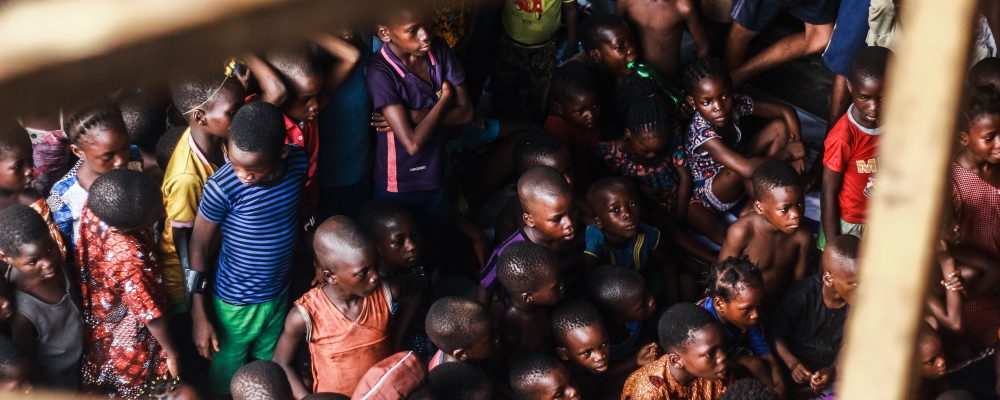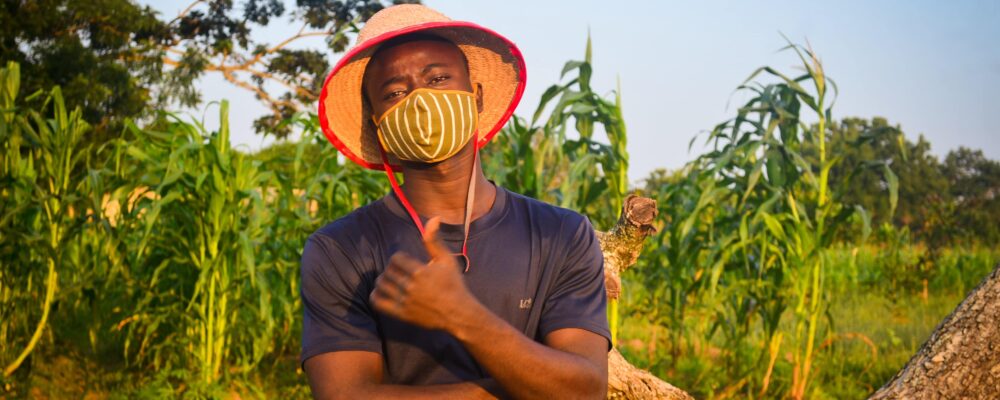
Today, no single actor exists that has the resources, material or otherwise, to solve the complex challenges our world is facing by itself. If civil society organizations (CSOs) want to make a meaningful contribution to inclusive and sustainable development, they must collaborate with both likely and unlikely partners. ‘Joining Forces, Sharing Power. Civil society collaborations for the future’, a publication by The Broker, Partos and The Spindle, showcases how civil society is bridging the gaps in sustainable development, overcoming differences and working together in creative and transformative ways.
The 2030 Agenda for Sustainable Development refers to the importance of strong, global partnerships to solve the challenges the world faces today. These partnerships, the Agenda underlines, must “[bring] together governments, the private sector, civil society, the United Nations system and other actors and [mobilize] all available resources”. However, cross-sectoral partnerships are not without their challenges and obstacles and power imbalances can emerge – for example, between donors and recipients or between Northern and Southern NGOs – that hamper fruitful collaboration. Despite this, individuals and organizations from all sectors are increasingly joining forces on the basis of mutual respect and equality, recognizing that they need one another to solve society’s problems and achieve shared goals.
At the heart of many successful and inclusive civil society collaborations is the notion of sharing and shifting power. Take, for example, the initiative ‘Leading from the South’ (LFS) by the Dutch Ministry of Foreign Affairs, which supports women’s rights organizations by allocating grants to established women’s organizations operating in Africa, the Middle East, Asia and the Pacific, Latin America and the Caribbean. It is these regional bodies – and not the Dutch government – that administer the grants and take the lead in setting the strategy. They are working directly with local people and recognize their input and involvement as indispensable to lasting change.
‘Joining forces, sharing power. Civil society collaborations for the future’ covers many examples, like LFS, that are implementing this idea of sharing and shifting power. As such, the publication showcases how CSOs across the globe are establishing connections and making meaningful contributions to inclusive development.








